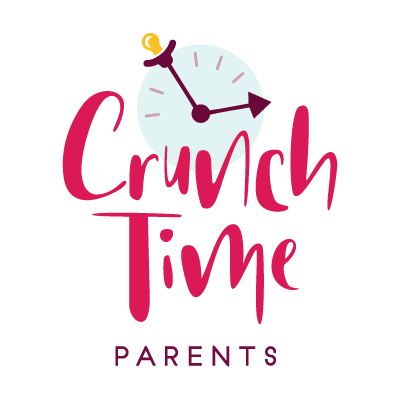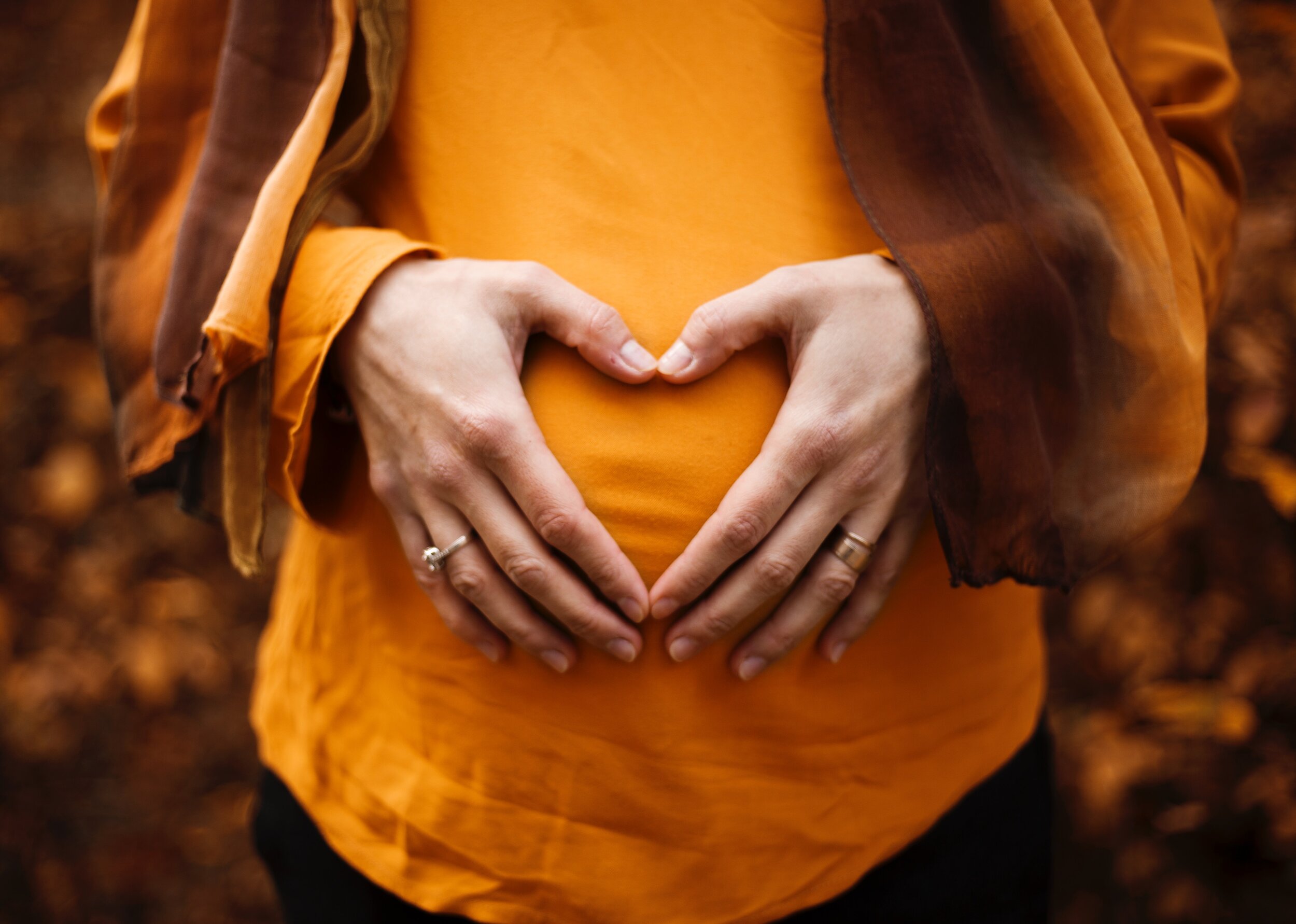5 Annoying Birthday Party Traditions You Can Ditch
/Does throwing your kid a birthday party need to give you a migraine? Can’t you just get some friends together, sing happy birthday, eat cake, and call it a day? You can. Here’s what to skip from now on:
1. Buying Fancy Birthday Cakes
Consider this your get-out-of-jail-free pass: Don’t spend hundreds of dollars on your kid’s birthday cake. No one will care if you do. They’ll care for exactly 30 seconds, as long as it takes to ogle the cake before it vanishes into everyone’s jaw. Kids will eat it because it’s a cake, whether you paid $500 for a custom cake from a fancy bakery or $29.99 for a sheet cake at the supermarket. If parents are at the party, most of them will ask for “a sliver” anyway and will barely notice if it’s a fancy sliver or a sheet-cake sliver. Ok, they’d be happier eating a real baked cake, but their chief concern is surviving the party small-talk and keeping their kid from accidentally killing anyone. Save the cake-ordering headache, save money, save energy for what really matters: Making it through the party without getting (visibly) drunk on all the wine you’ve stocked for the party. Because parents who show up want that wine way more than they want cake.
2. Writing Personalized Thank You Notes
It’s sweet to get a thank you note. People like it. I like getting thank you notes, and I even like writing them, in theory. But when you’re staring at a pile of unwritten cards after a party, it’s not awesome. It takes me weeks, months, to attack the pile, and the whole time I’m asking myself why I suck so much and haven’t written the damn notes yet. Last year after a party for my son’s classmate, his mom mass-emailed the guest list
Read More




























